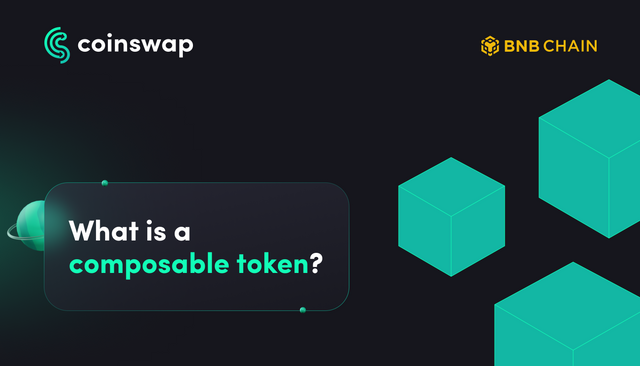
In the ever-evolving world of blockchain and cryptocurrency, composable tokens are emerging as a groundbreaking concept, redefining how digital assets and smart contracts interact. But what exactly is a composable token, and what makes it so significant? Let’s dive in! 🚀🔍
What Are Composable Tokens?
Composable tokens are a type of digital asset designed to be modular and flexible, allowing for integration with various protocols and applications within the blockchain ecosystem. Unlike traditional tokens that function in isolation, composable tokens can interact and combine with other tokens and smart contracts to create complex and customized financial instruments or services. 🧩🔗
How Do They Work?
The essence of composable tokens lies in their ability to "compose" or merge with other blockchain components. This is achieved through smart contracts, which are self-executing contracts with the terms of the agreement directly written into code. Composable tokens leverage these smart contracts to enable seamless interactions between different blockchain platforms and services. For example, a composable token can be used to collateralize loans, participate in decentralized finance (DeFi) activities, or even create new types of financial products. 📈💰
Why Are They Important?
Flexibility and Innovation: Composable tokens provide a high level of flexibility, allowing developers to create innovative financial products and services by combining different tokens and smart contracts. This adaptability fosters creativity and accelerates the development of new blockchain solutions. 💡🔧
Enhanced Interoperability: By enabling tokens to interact with various protocols, composable tokens improve interoperability between different blockchain networks. This means that users can seamlessly transfer value and access services across multiple platforms without the need for intermediaries. 🌍🔄
Efficiency and Cost-Effectiveness: Composable tokens can streamline complex financial transactions and operations, reducing the need for multiple intermediaries and thus lowering transaction costs. This efficiency makes them an attractive option for both developers and users. 💵⚡
Applications in the Real World
Composable tokens are already making waves in various sectors, including decentralized finance (DeFi), non-fungible tokens (NFTs), and supply chain management. They enable more sophisticated financial transactions, facilitate the creation of unique digital assets, and improve the transparency and traceability of goods and services. 🌐🔒
In summary, composable tokens represent a significant advancement in blockchain technology, offering unparalleled flexibility, interoperability, and efficiency. As the blockchain ecosystem continues to grow, these tokens will likely play a crucial role in shaping the future of digital finance and beyond. 🌟🚀